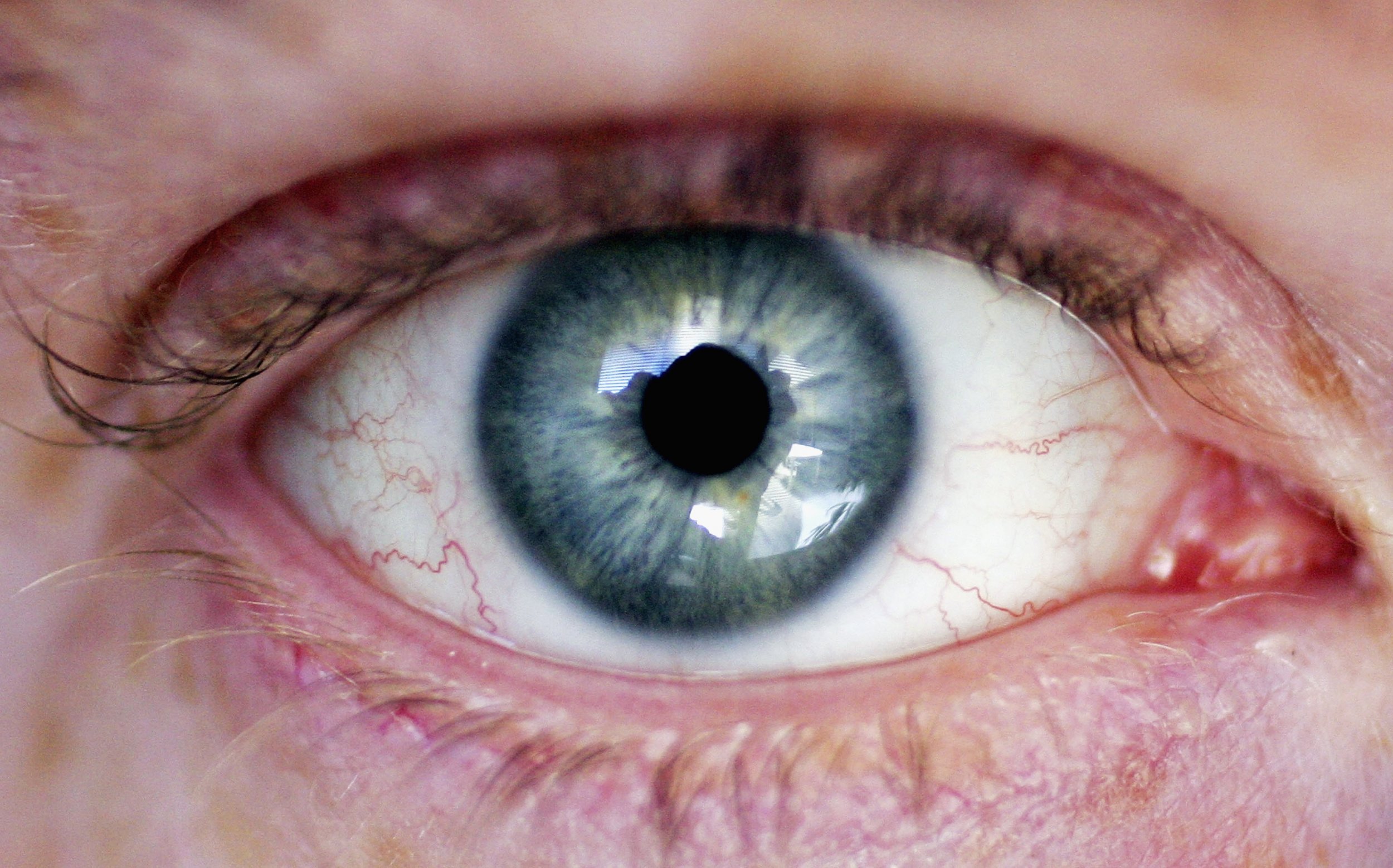
The Food and Drug Administration approved a groundbreaking gene therapy to treat a rare form of blindness Wednesday. The drug, Luxturna, is intended to treat a genetic form of blindness called retinal blindness that affects about 1,000 to 2,000 people in the United States. The price of the treatment—widely speculated to be $1 million—will not be announced until early January, according to a spokesperson.
"It really is a trailblazer for using gene delivery," Stephen Rose tells Newsweek. Rose is the chief scientific officer of the Foundation Fighting Blindness, which funded some of the preliminary research on the therapy. (The treatment, first developed at the Children's Hospital of Philadelphia, has been licensed to Spark Therapeutics.)
"Now there's a map that shows how you do it, what needs to be done, what the FDA and other regulatory groups are going to be looking for," he said. "It provides that proof of concept and proof of principle in humans that it's doable."
Gene therapy can be defined, broadly, as treatments using genes in some way. Genes can cause or contribute to myriad diseases, either because they are expressed or because they are not. (Expressed, generally, means that the genes are used to create proteins, which can then do stuff within a cell or outside of it.)
FDA Commissioner Scott Gottlieb referred to this year as "an inflection point in medicine and health" during a press conference on Tuesday.
Luxturna's approval could even open the door to approvals of other gene-based therapies, Rose said, including gene editing tools like CRISPR. Gene editing would create a permanent change in the genetic code of a cell. In Luxturna's case, the treatment is based on putting in extra copies of a gene into retinal cells.
The copies are delivered through a virus that's injected underneath a patient's retina. From those copies of the gene, called RPE-65, cells' own machinery can create more of the protein that they're missing. In this case, that protein is crucial to retinal cells' surival and ability to send signals to the brain. Because Luxturna doesn't permanently modify the DNA sequence of cells, that means that if the cell eventually breaks down those spare copies of the gene, then the cells will wind up right back where they started—with not enough protein being made.
When asked if the experience of Luxturna's approval might influence the FDA's approach to a future gene editing-based therapy, Dr. Peter Marks, director of the FDA's Center for Biologics Evaluation and Research, said that each approval has helped the agency understand what exactly needs to be evaluated. That includes the way treatments are manufactured and the monitoring that's done after patients are treated. "I think this is helping the agency develop increasing amount of knowledge that will help us," he said. "Obviously every new product will have new aspects and new challenges to it."
According to a press release from the University of Pennsylvania, 41 patients in the United States have been treated with the therapy so far. "It has been amazing watching them grow up," said Bennett. "It's like they are an extended part of our family," Dr. Jean Bennett, one of the leaders of the research behind the therapy said in a press release.
In the future, Luxturna will be offered at a few centers across the country.
Uncommon Knowledge
Newsweek is committed to challenging conventional wisdom and finding connections in the search for common ground.
Newsweek is committed to challenging conventional wisdom and finding connections in the search for common ground.
About the writer
Kate Sheridan is a science writer. She's previously written for STAT, Hakai Magazine, the Montreal Gazette, and other digital and ... Read more
To read how Newsweek uses AI as a newsroom tool, Click here.






